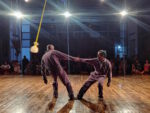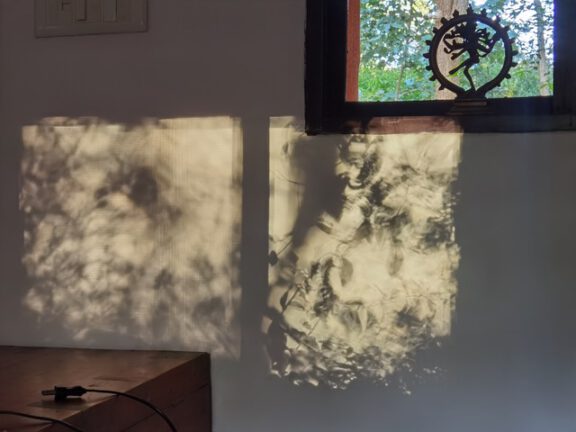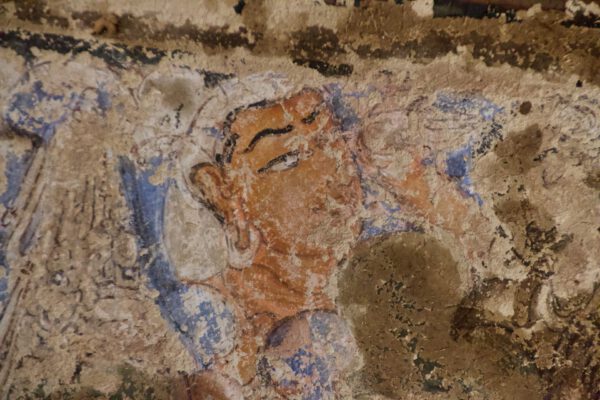For several weeks now, I have been living with a neurotic dog. She barked a lot, as long as she still perceived me as a stranger. She kept her distance, was frightened. After a few weeks, she accepted me, approaches and wants to be petted. Now she lies in front of my door and keeps watch; she protects me. What happened? I did not change my attitude towards her. I have little connection to dogs and pay her little attention. I am relatively indifferent. But something fundamental has changed for her. I cannot easily ask her; we do not speak the same language. Yet, it seems I have become a part of her world. She remembers me; I have become familiar to her. In her world, a stranger was a threat; now I am a confidant, a part of her world, perhaps one day even a friend. The possibility exists.
How can I become part of a world that is another’s? I think it has a lot to do with memory. I become a part of others‘ memories. The same naturally applies to me. A new world of experience is being built, especially when I move into a new world, e.g., from Europe to India. Everything is new, unfamiliar; I am not afraid, rather fascinated and curious. All the new impressions – the objects and nature, the people and the culture – become part of my memory. They are integrated into what is my world.
In recent days, I have attended a workshop on Tantra philosophy. I learned about the 36 Tattvas, some meditation techniques, the difference between Western science and Shastras (knowledge systems). I heard reports of things that are considered impossible in the Western world (e.g., alchemy and telekinesis). At its core, Tantra is about the relationship between two forces: Shiva and Shakti, and this on all levels of being, i.e., on the material level, the level of life, consciousness, mind, spirituality, cosmos, pure existence… It is about understanding that what holds the world together internally is not empirical science. Empirical science is the method that our mind has mastered relatively well since modernity; however, it explains very little of what makes up our life-world.
But what constitutes our life-world? It is the inner experience, and the accesses to it go through reflection, devotion, meditation, yoga. Tantra seems to be undogmatic here. Every path is okay: never devalue the path of others, after all, the world is much larger and more complex than any of us can imagine. Fate and chance are in a complex relationship; spiritual practice, Sadhana, shows the way.
At the moment, however, I am interested in memory and remembrance. Memory is the vessel, remembrance the content, experience its history and structure. Memories are images; they are in us and can be actively remembered, appear unasked, be associated more or less randomly. They form our identity. And just as the world outside of me becomes part of my memory, so naturally I become part of other consciousnesses if I was part of that experience. And just as I forget much, I will also be forgotten. That is okay. Sometimes, however, something is etched in and becomes an integral part.
I am slowly coming to the point I want to make here. We have cultural techniques to share these memories, our memory, our experiences, our identity, and our worldview. Through language, text, images, by expression through dance, theater, music. In India, there are 64 Kalas (art forms). Over millennia, techniques have been perfected to refine the process of this communication. The resulting aesthetic theories are diverse. In the West, for example, the mechanism of representation is very important; in the Eastern tradition, Rasa is more important, i.e., the expression of essence, the essential. Now, since the nineteenth century, we have technical apparatuses like the camera, the cinematograph, the gramophone as an extension of older printing techniques. We have thus found a technique not only to materialize memory (which many art forms do) but also to automate and reproduce it. This, I think, has caused great confusion.
Gilles Deleuze, referring to Henri Bergson, has clarified this by recognizing that film is thinking.










